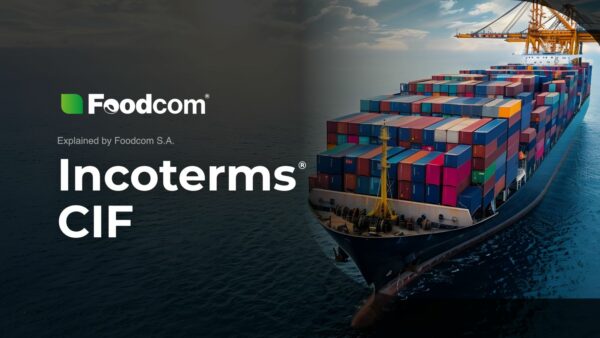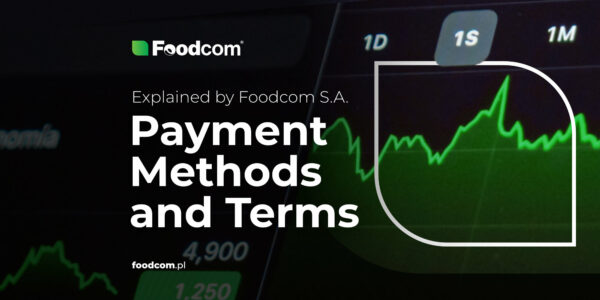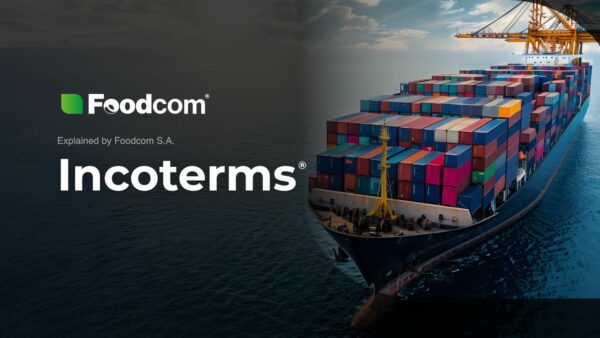Customs Clearance – what is it?
Customs clearance refers to the official procedure of obtaining approval from the customs authority of a country to import or export goods across its borders. In the context of foodcom.pl’s B2B operations in the food, feed, and industrial sectors, this process is crucial to ensure that goods meet the regulatory and legal standards of both the exporting and importing nations. The procedure involves the preparation and submission of necessary documentation, payment of customs duties, taxes, and ensuring adherence to trade regulations. Successful customs clearance is essential for smooth international trade operations and timely delivery of goods to clients.
Most common questions
1. Why is customs clearance necessary?
Customs clearance is pivotal in regulating international trade. It ensures that imported or exported products comply with a country’s laws, protect its economy, and safeguard its environment and citizens. The process also facilitates the collection of customs duties and taxes, vital revenue sources for many governments.
2. What documents are typically required for customs clearance?
The exact documentation can vary based on the country and product type. However, common documents include a commercial invoice, packing list, bill of lading or airway bill, certificate of origin, and any product-specific certifications. For sectors like food and feed, health and safety certificates may also be required.
3. How long does the customs clearance process take?
The duration of customs clearance can vary widely based on the country, the efficiency of its customs department, the nature of goods, and the completeness of documentation. While some clearances might be processed within hours or a day, others, especially if complications arise, can take days or even weeks.
4. Can customs clearance be expedited?
Yes, in some instances, expedited customs clearance options are available, often for a fee. Engaging experienced customs brokers or agents familiar with the procedures of a specific country can also aid in streamlining the process and minimizing potential delays.
5. What happens if there are issues during customs clearance?
If there are discrepancies in documentation, unpaid duties, or non-compliance with regulations, goods can be held at customs. In such cases, clarifications, additional documentation, or payment adjustments may be required. Severe violations can lead to penalties, fines, or even confiscation of goods. Thus, ensuring accuracy and completeness in the customs clearance process is paramount.





